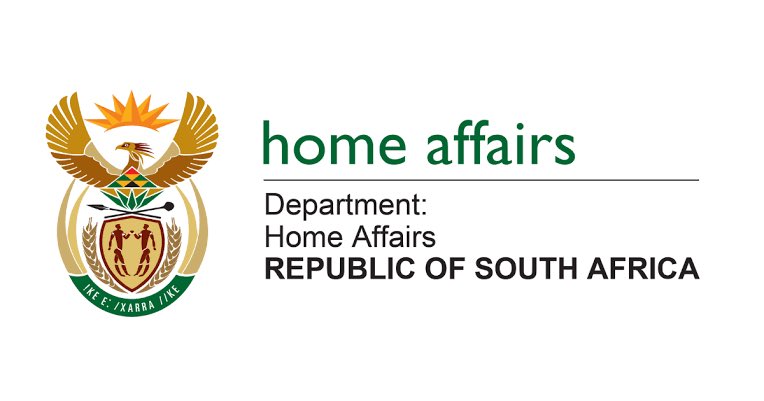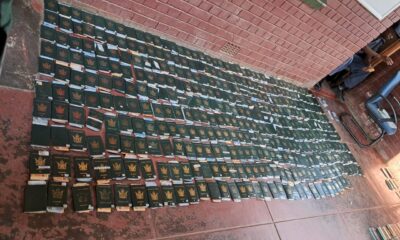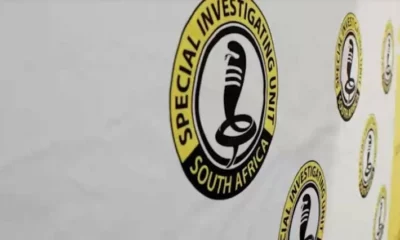News
The Paper Chase: Naturalised Citizens Hit a Wall in Bid for Smart IDs

After decades of calling South Africa home, paying taxes, and even carrying a dark green passport, a group of citizens is discovering they are locked out of a modern symbol of belonging: the smart ID card. The culprit? A bureaucratic catch-22 that highlights the growing pains of a department trying to digitise its way out of a paper-based past.
The Department of Home Affairs (DHA) has been silent on an issue plaguing naturalised citizensthose who formally became South African after being born elsewhere. While the department proudly announced in May that 1.4 million naturalised citizens could finally apply for smart IDs, the reality on the ground is a tangle of red tape.
A Vicious Circle of Documentation
The core of the problem is a single piece of paper: the naturalisation certificate. For someone who became a citizen ten, twenty, or thirty years ago, this document is often lost to time, stored away in a forgotten file or lost during moves. Yet, to apply for a smart ID, Home Affairs mandates its production.
This creates a frustrating loop. A naturalised citizen, who already holds a valid South African passport as proof of their status, arrives at a convenient bank kiosk to apply for their smart ID. They are turned away without the certificate. To get a replacement certificate, they must queue at a traditional Home Affairs officethe very inconvenience the bank partnership was designed to avoid.
One MyBroadband reader, a passport-holding citizen for decades, experienced this firsthand at a Nedbank branch in Durban North. “They weren’t interested and told me to get the certificate,” they said. After being given an unresponsive email address to request the document, they eventually gave up. “So, I have aborted, and I am staying with the green ID.”
A Digital Push Hamstrung by Analog Rules
The irony is palpable. This hurdle emerges just as Home Affairs is championing a “digital-first” revolution. Minister Leon Schreiber recently announced an expanded partnership with banks, aiming to deploy smart ID services to over 1,000 branches and even through banking apps. The goal is to phase out the 16 million green barcoded ID books still in circulation.
Yet, for naturalised citizens, the process remains firmly anchored in the past. The requirement undermines the logic of a digital system. If the state has already verified an individual’s citizenship thoroughly enough to issue them a passporta high-security documentwhy is an additional, often obsolete, certificate needed for an ID?
This administrative glitch is also hitting as the broader smart ID rollout loses momentum. The Government Printing Works reported a 25% year-on-year decline in cards issued in the first half of the 2025/26 financial year. Stumbling blocks like this one, which affect a potential 1.4 million applicants, certainly won’t help accelerate the phase-out of the green ID book.
For now, naturalised citizens are left in a bureaucratic limbo. They are legally entitled to the smart ID, but a paper barrierand a department that has yet to provide a solutionis forcing them to remain holders of the old green book, a constant paper reminder that they are still waiting for the system to see them as fully digital citizens.
{Source: MyBroadband}
Follow Joburg ETC on Facebook, Twitter , TikTok and Instagram
For more News in Johannesburg, visit joburgetc.com


























